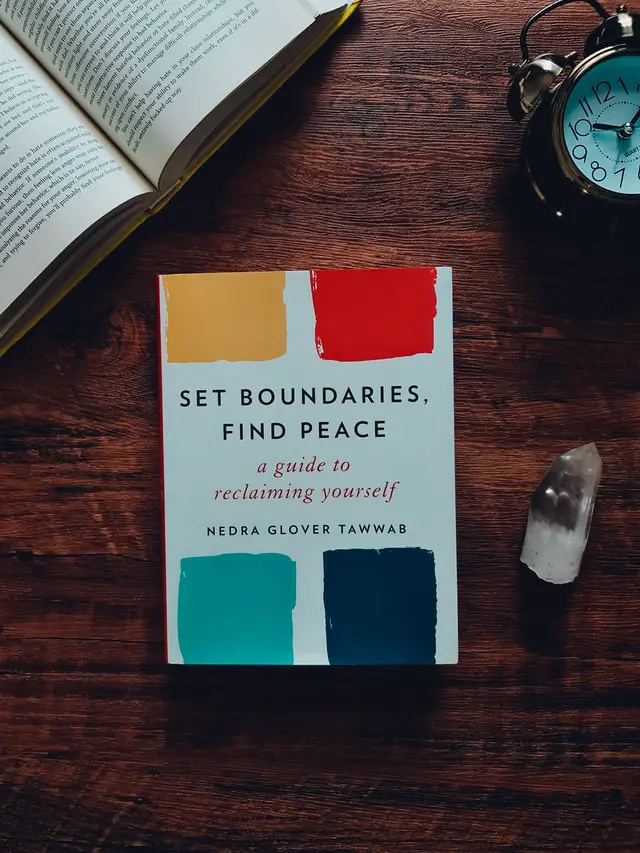Empaths are “emotional sponges.” They absorb the stresses and joys of the people around them. They don’t really possess the kinds of filters that other people might use to shield themselves from excessive stimuli, and they take in all the world’s energies and emotions. And while there’s nothing wrong with being a big-hearted empath, it can be overwhelming to care deeply for everyone and everything. This can lead to extremely stressful situations, anxiety, burnout, and even depression.
So, yes, it is important to value your wonderful trait of understanding and sharing the feelings of others, but at the same time, you want to be able to protect yourself.
Here are some useful strategies to employ for self-care for empaths.

Self-care for Empaths
Identify Your Emotions
Because empaths experience other people’s emotions and stress, it may be difficult to separate their own emotions from “outer” sources. If you are close to another person or communicate with them via phone, you may be absorbing their energy.
Also read: The Empath’s Field Guide
Think about whether you’ve felt anxious, sick, exhausted, or nervous before talking with them and consider whether the negative feelings might be coming from them. Try to focus on what you are feeling and if you can’t cope, feel free to pause the conversation until you gather enough energy to continue.
Put Yourself First
This is a very difficult step for empaths because they tend to care for others, sometimes even more than for themselves. Putting themselves first often makes empaths (wrongly) feel selfishness and guilt. But try to see it this way: when you are drained out, there’s no way you can be good support for anyone. It’s the principle flight attendants use on the plane when explaining how to put on an oxygen mask: first, you put one on yourself and then on your kid or someone else in need.
Prioritizing yourself doesn’t mean doing everything you want to do. It means being aware that what’s good for you is also good for the people around you.
Take Good Care of Yourself
Self-care for empaths is directly connected to prioritizing yourself. It means putting this idea into practice. Here are some fundamental self-care practices:
- The most useful thing you can do for yourself is to get enough sleep.
- Being physically active can be beneficial not only for your physical shape but also for your mental health.
- You can exercise outdoors to connect with nature, which is also a great mood booster.
- Try to keep a balanced diet and avoid fried and processed foods, alcohol, and cigarettes.
- Make sure to drink plenty of water and take some time to nourish your skin into smoothness.
Set Boundaries

Empaths are usually all in when people ask them for favors or when they need to give their time to someone. But unless you want to become a doormat, boundaries are crucial. If you don’t feel comfortable spending time with someone and listening to their problems, feel free to say, “I’m sorry, I need some time for me” or “I apologize, but I’m not in the condition to do this right now, rain check?”. The same goes for refusing to attend a party or doing favors.
Ask for Support
You try your best to be there for other people, so you should accept that it’s okay to ask and accept their help when you need it. Talk to your partner, friends, family members, or coworkers. Ask them to show understanding when you set your boundaries. Explain to them that you will be there for them when they need your help but that they shouldn’t overwhelm you with their experiences all the time. Also, ask them to understand when you refuse to attend their events.
Breathe, Meditate, and Be Mindful

Some techniques can help you not only cope with a stressful situation instantly but also teach you how to cope with emotional overload in the long run. Shallow breaths are symptoms of stress and, possibly, an introduction to a panic attack. Pay attention to your breathing and listen to what it is telling you.
Take deep breaths through your nose and, whenever you can, practice breathing exercises. Meditation is a higher level of soothing yourself, and you can learn it through various online guidebooks. Finally, mindfulness means being aware of your thoughts and feelings and accepting them.
You don’t need to carry the burden of the world on your own. It’s okay to put that stone away and take a breather. It’s okay to ask for help. It’s okay to be there for yourself. You deserve it.
Related: Monday Meditation: Practicing Equal Parts Breathing



